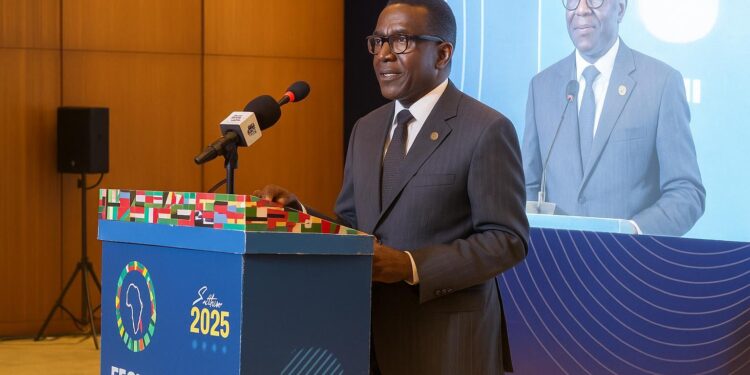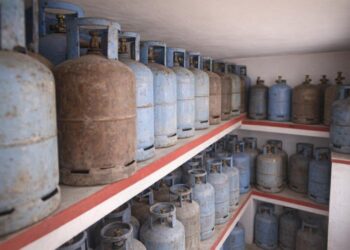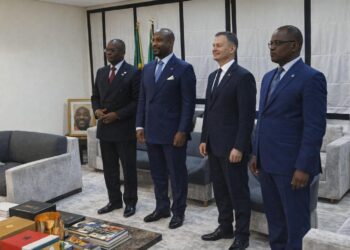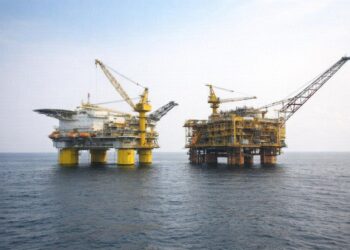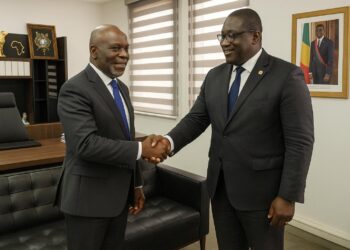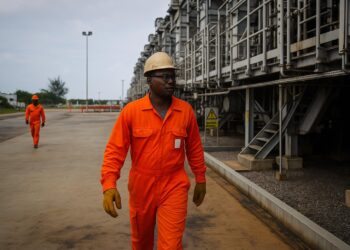Brazzaville showcases a unified investment agenda
With banners declaring “Accelerate Investment”, Brazzaville hosted the inaugural Forum for Growth and Investment in Central Africa. Convened by the High Council of Central African Business in partnership with CEEAC, the three-day meeting assembled ministers, development banks and CEOs intent on turning political will into projects.
Opening the proceedings on behalf of Prime Minister Anatole Collinet Makosso, Minister of Economy Ludovic Ngatse framed the forum as proof that CEMAC states now speak with one voice on business climate reforms and regional priorities. Delegates applauded the choice of Congo-Brazzaville as venue, citing its central location and logistical links along the Congo River.
Low intra-regional trade, high ambitions
Central Africa trades more with distant partners than with itself; intra-regional commerce is estimated at barely eight percent of total flows, according to organisers. Feciac aims to push that ratio towards ten percent within three years by speeding up customs harmonisation and transport corridor upgrades.
Eric Monga Mumb, president of HCA-AC and vice-chair of Congo’s business federation, argued that the AfCFTA window will reward first movers. “Better coordination between governments and operators is the only way to free the movement of goods, people and capital,” he stressed during the opening panel.
CEEAC commissioners highlighted that a denser network of special economic zones and one-stop investment centres is already reducing paperwork. Investors from Cameroon, Gabon and Angola used the forum to explore joint ventures in agribusiness, timber transformation and power interconnections that could deepen cross-border supply chains.
Infrastructure, energy and digital under spotlight
Speakers converged on three strategic pillars: transport infrastructure, reliable energy and digital connectivity. Projects presented included the Brazzaville–Ouesso highway extension, a 600 MW hydropower cascade on the Sangha River and a regional data-centre initiative designed to lower latency for fintech platforms.
Development finance institutions, among them the African Development Bank and Afreximbank, reiterated their appetite for co-financing bankable public-private partnerships. BEAC Governor Yvon Sana Bangui encouraged sponsors to structure deals that can tap the regional bond market now exceeding CFA 6 trillion in outstanding paper.
Private equity funds attending from Mauritius and Casablanca noted that predictable regulation remains key. Congo-Brazzaville’s recent adoption of the new Investment Charter and commitments to digitise tax procedures were cited as encouraging signals that risk-adjusted returns can be competitive.
The import bill challenge
Governor Sana Bangui underscored the urgency by quantifying the region’s annual import bill at nearly CFA 12 trillion. He urged states to “open our market and break constraints” so local producers can substitute imported cement, fertilisers and processed foods, thereby securing external balances.
Analysts in the room agreed that diversification cannot occur without robust logistics. Landlocked Chad and Central African Republic emphasised rail links to Congolese ports, while Equatorial Guinea promoted coastal shipping services to knit together Gulf of Guinea economies.
Public-private dialogue gains traction
Throughout the forum, closed-door sessions matched project promoters with financiers under a deal-room format. Organisers reported preliminary expressions of interest worth US$1.1 billion across energy, agro-industry and telecom towers, subject to feasibility studies and credit enhancements.
Minister Ngatse pledged that the Republic of Congo will fast-track sovereign guarantees for priority infrastructure vetted by CEEAC and aligned with the national development plan 2022-2026. He invited regional peers to adopt similar mechanisms to lower funding costs.
A highlight of the closing ceremony was the presentation of integration awards to companies that have championed cross-border expansion. The gesture was intended to signal that business champions will be publicly recognised and politically supported.
Key takeaways for investors
Participants left Brazzaville with a clearer understanding of the pipeline and the policy mood. The forthcoming roadmap tasks a joint CEEAC–HCA-AC secretariat with monitoring project preparation and advocating for further tariff reductions under AfCFTA protocols.
If momentum is maintained, observers believe Central Africa could build a virtuous cycle: infrastructure attracts industry, industry raises trade, and bigger internal markets justify additional infrastructure. Feciac thus positions itself as an annual barometer of commitment to that cycle.

































